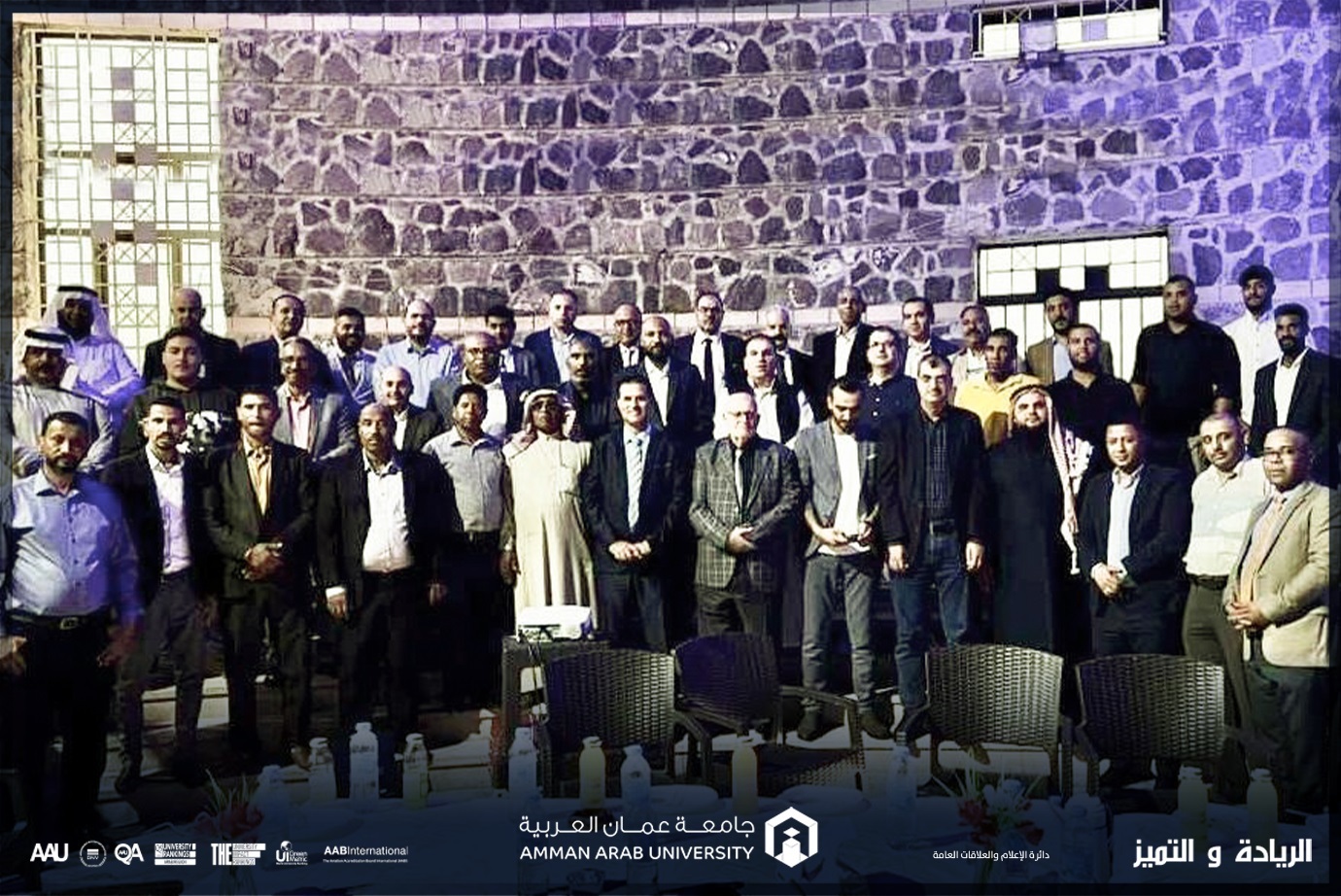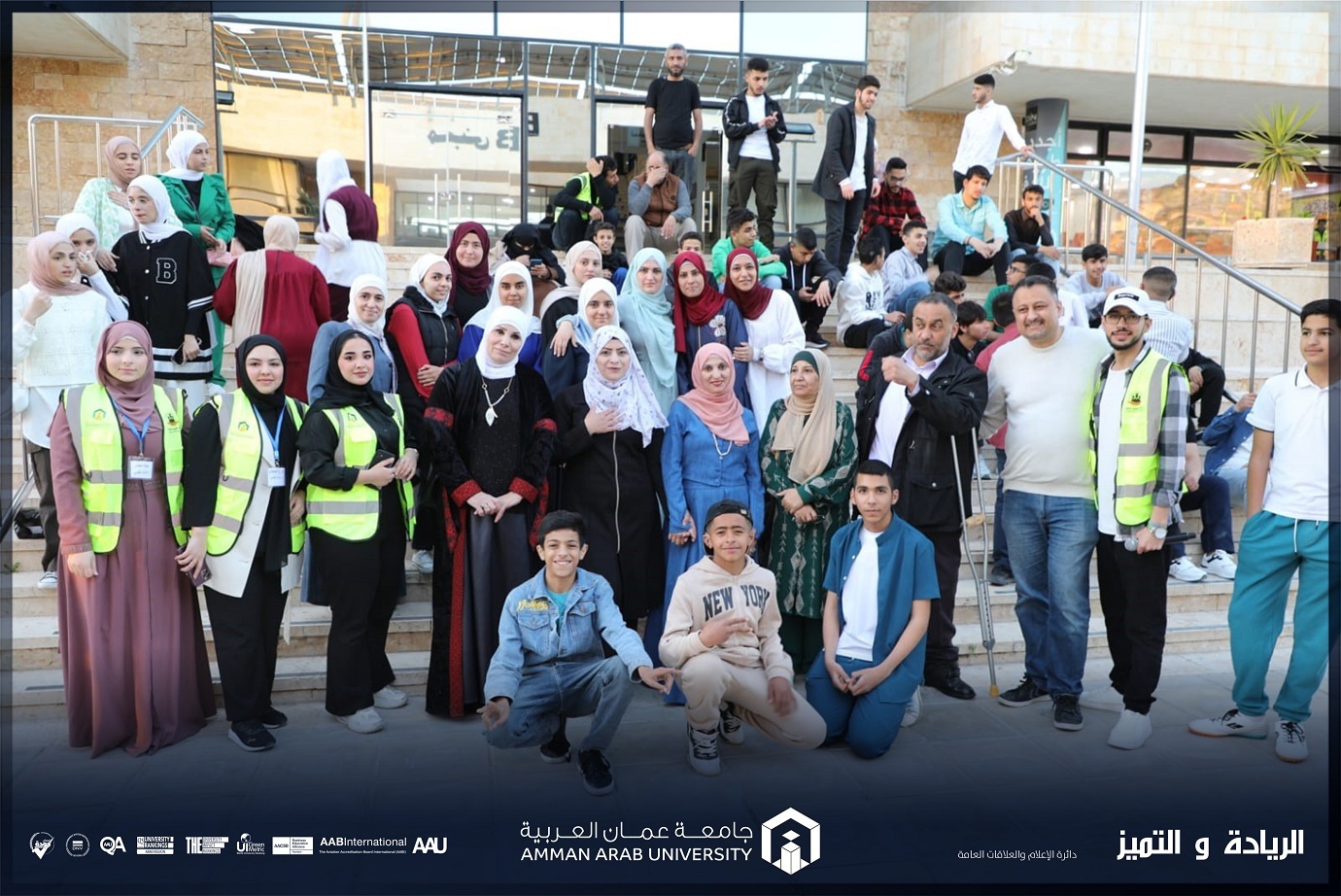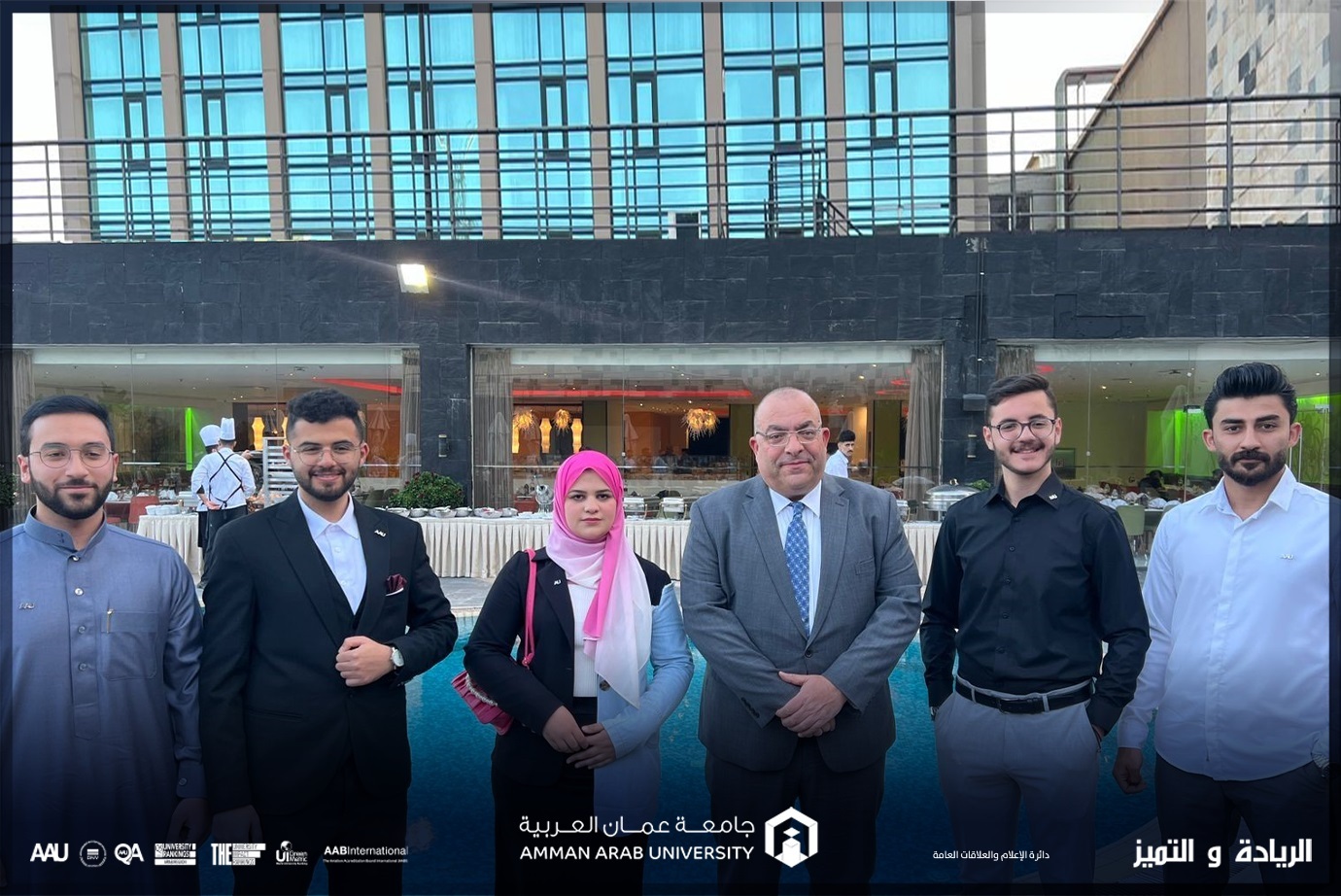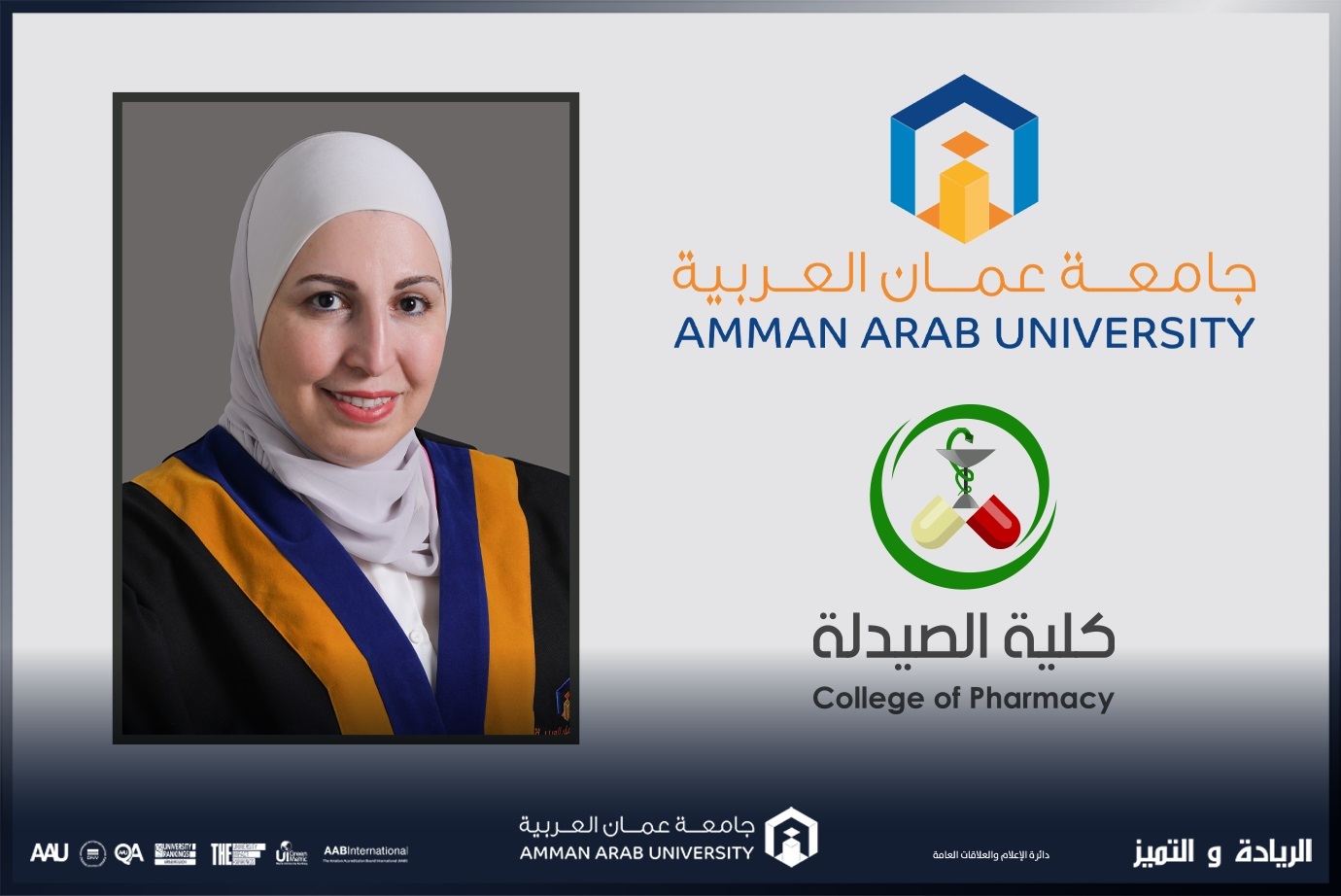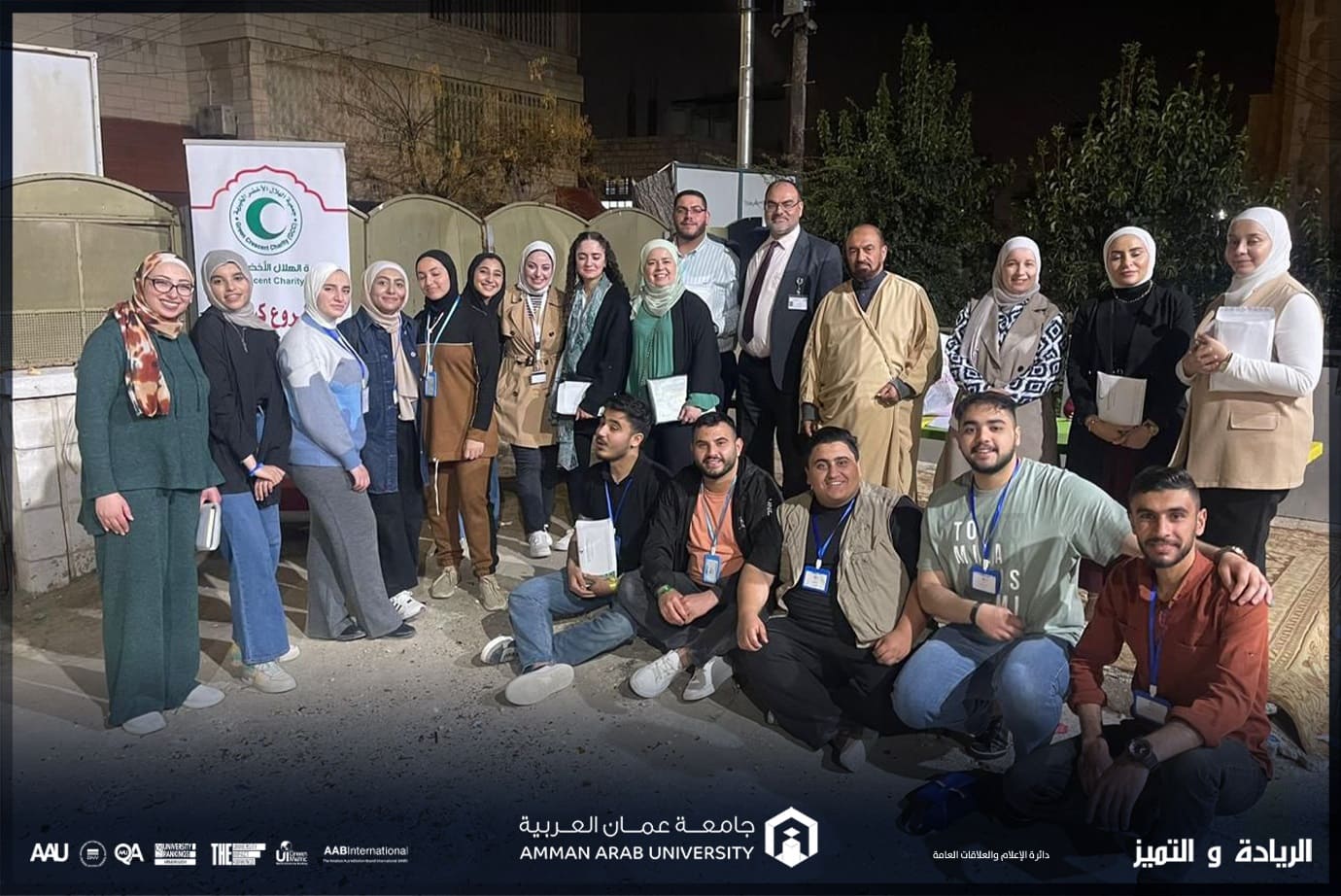The national strategy for human resources development and the specializations offered in Jordanian higher education institutions.
The first objective of the executive plan of the National Strategy for Human Resources Development 2016-2025 related to the quality of education stipulates (raise the standards of scientific research outputs and their quality and the level of teaching and learning in higher education systems in line with the best methods and standards in advanced universities).
This goal is implemented by adopting a project (Reviewing programs and specializations offered in universities) to achieve the first sub-goal, which is (eliminating saturated specialties with limited demand in the labor market, which will allow universities to offer specializations) in areas of importance to the national economy and required for labor markets.
This sub-goal is implemented through the Higher Education Council conducting a comprehensive review of the programs offered by universities. Also, stop funding inappropriate majors with substandard outputs, determine the majors offered by each university according to its capabilities, and motivate universities to develop majors that contribute to the implementation of development plans. When we look closely at the specializations list, which the Higher Education Council approved for the introduction of specializations in Jordanian universities for the next first semester of the academic year 2022/2023, and includes (33 new specializations for the bachelor’s level, three specializations for the higher diploma level, twenty-three specializations for the master’s level and two specializations for the doctoral level. Students who study these specializations will find that they are new specializations in the vast majority of them.
Instead, they focus on implementing the goals contained in the executive plan of the human resources strategy for the years 2016/2025. If we manage to distinguish the newly created specializations in our universities, they will have a central role in shaping the Jordanian higher education quality in the whole region. In addition to restoring the vital role of our universities in developing Jordanian human resources that serve the local and regional labor markets appropriately. In addition, being a highly effective tool in attracting international students to study in Jordan and the possibility of achieving the goal that was set previously of reaching (75,000) international students to study in Jordanian universities, which faced a significant decline in the past three years due to the Corona crisis and the difficult economic conditions that the Kingdom is going through. Here, we must point out that there are many technical and applied disciplines, as mentioned above, if they are distinguished and marketed effectively locally, regionally, and even internationally, such as (avionics - Amman Arab University), (Pharmaceutical business management, and clinical endodontic treatment - Jordan University), (Sustainable energy engineering - Al-Zaytouna University), (Renewable energy engineering - Al-Balqa University), (Supply chain management, and logistics technology - Princess Sumaya University), (digital film design technology and virtual reality specialization - Petra University), and more than six universities have introduced the specialization of data science and artificial intelligence. The Higher Education Council and the Accreditation Commission must support and monitor the universities' performance in teaching and developing those new specializations to ensure excellent implementation and results. Dr. Tayseer AL Afaishat Amman Arab University



